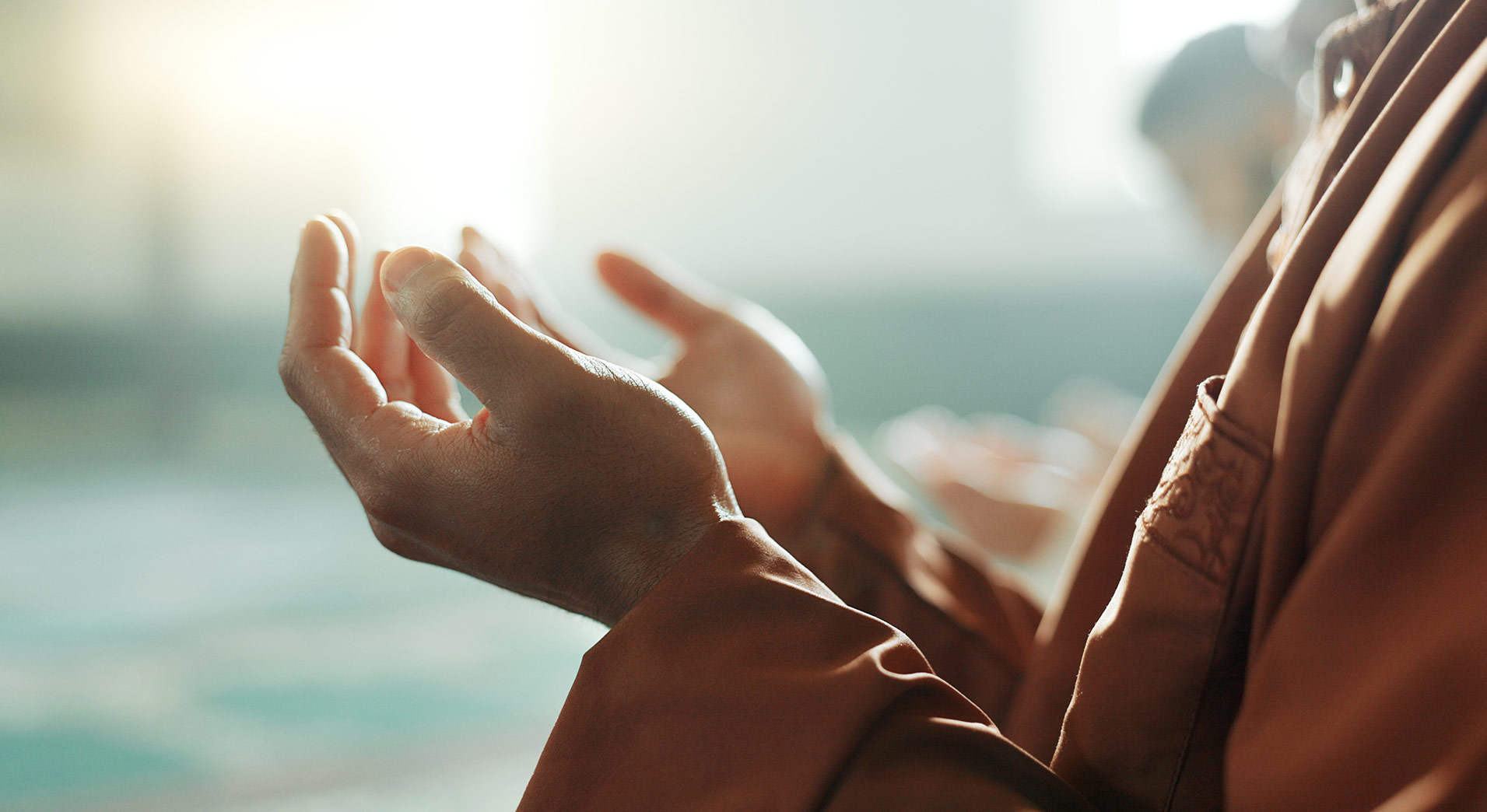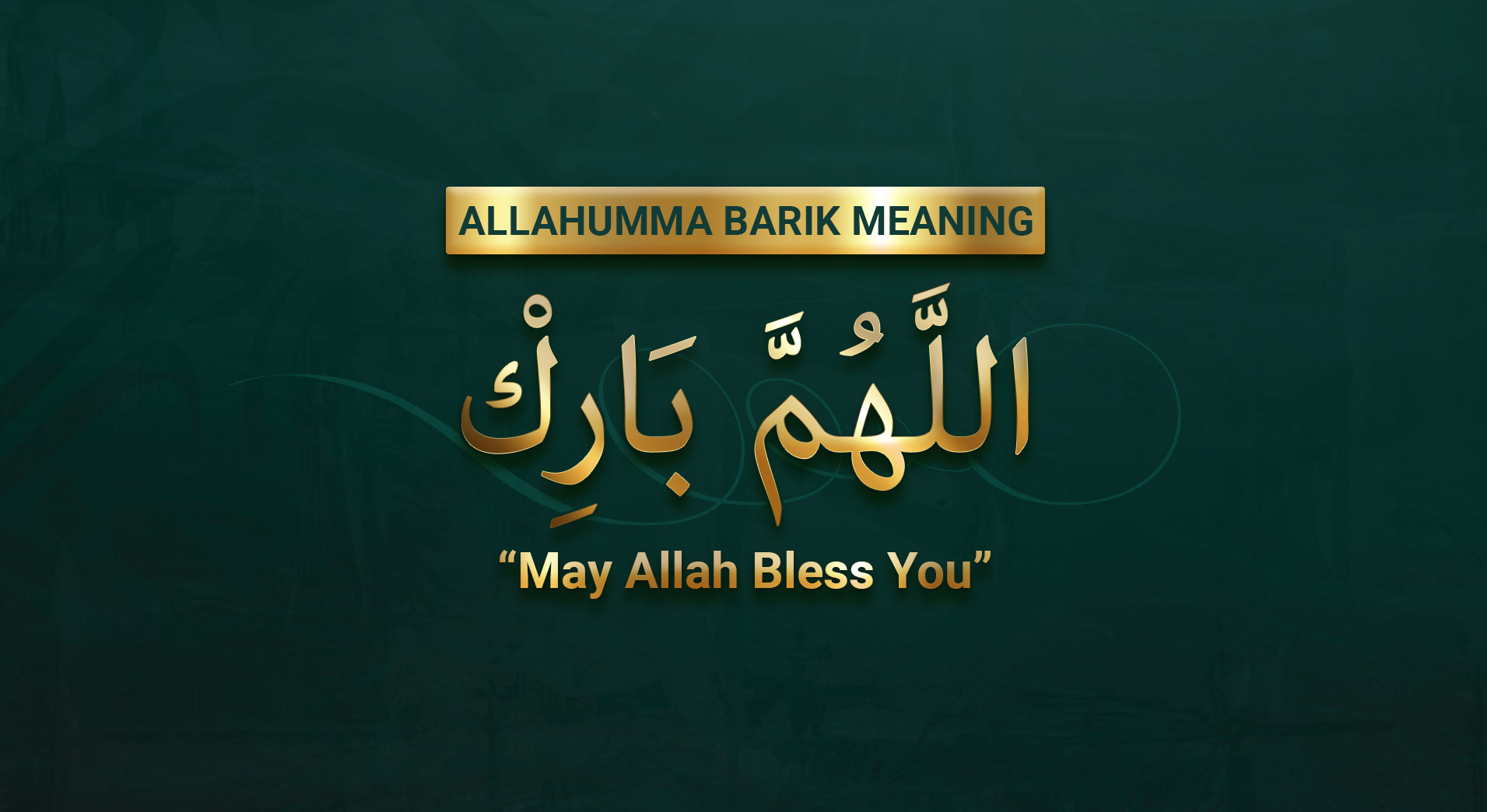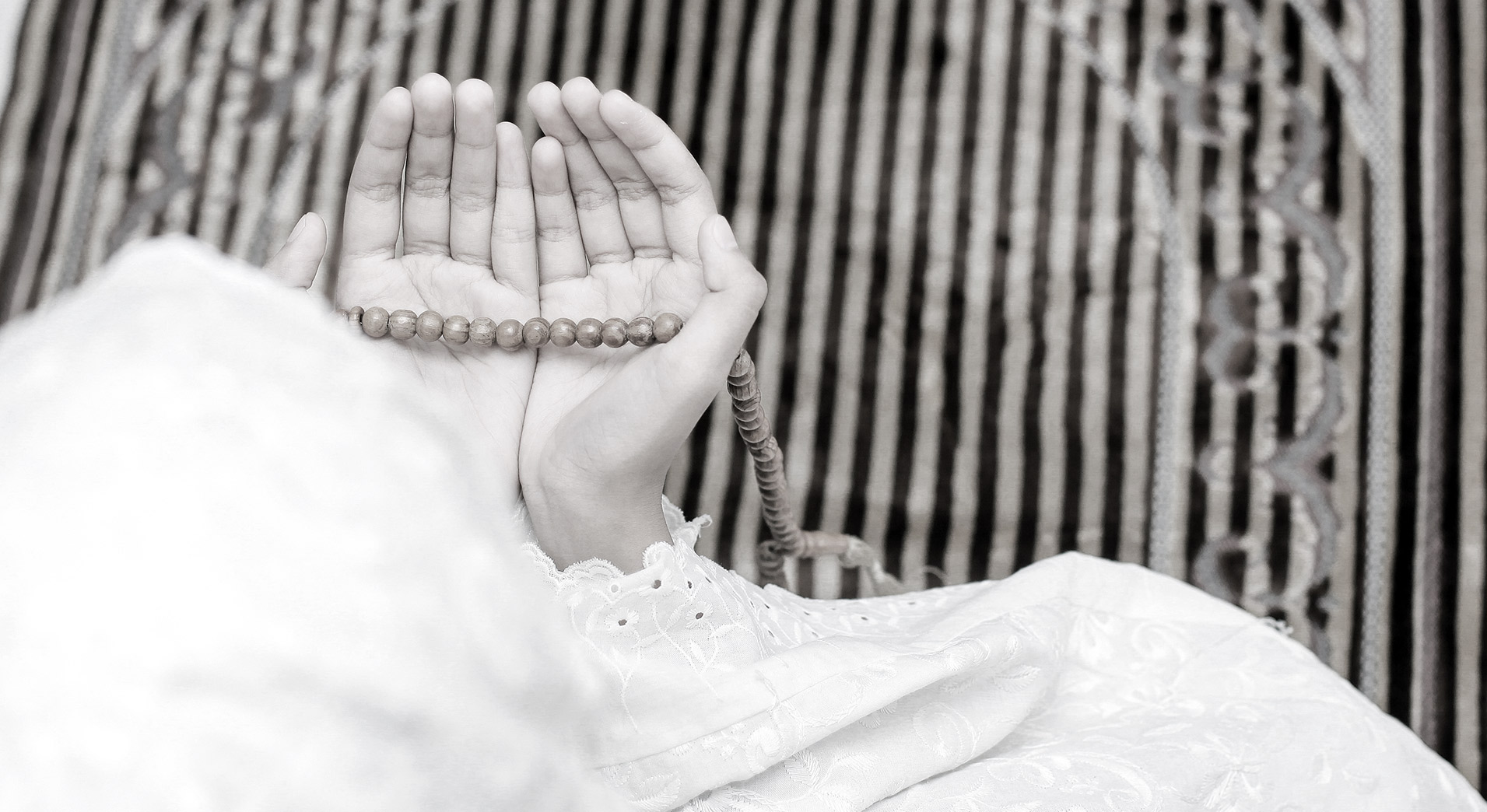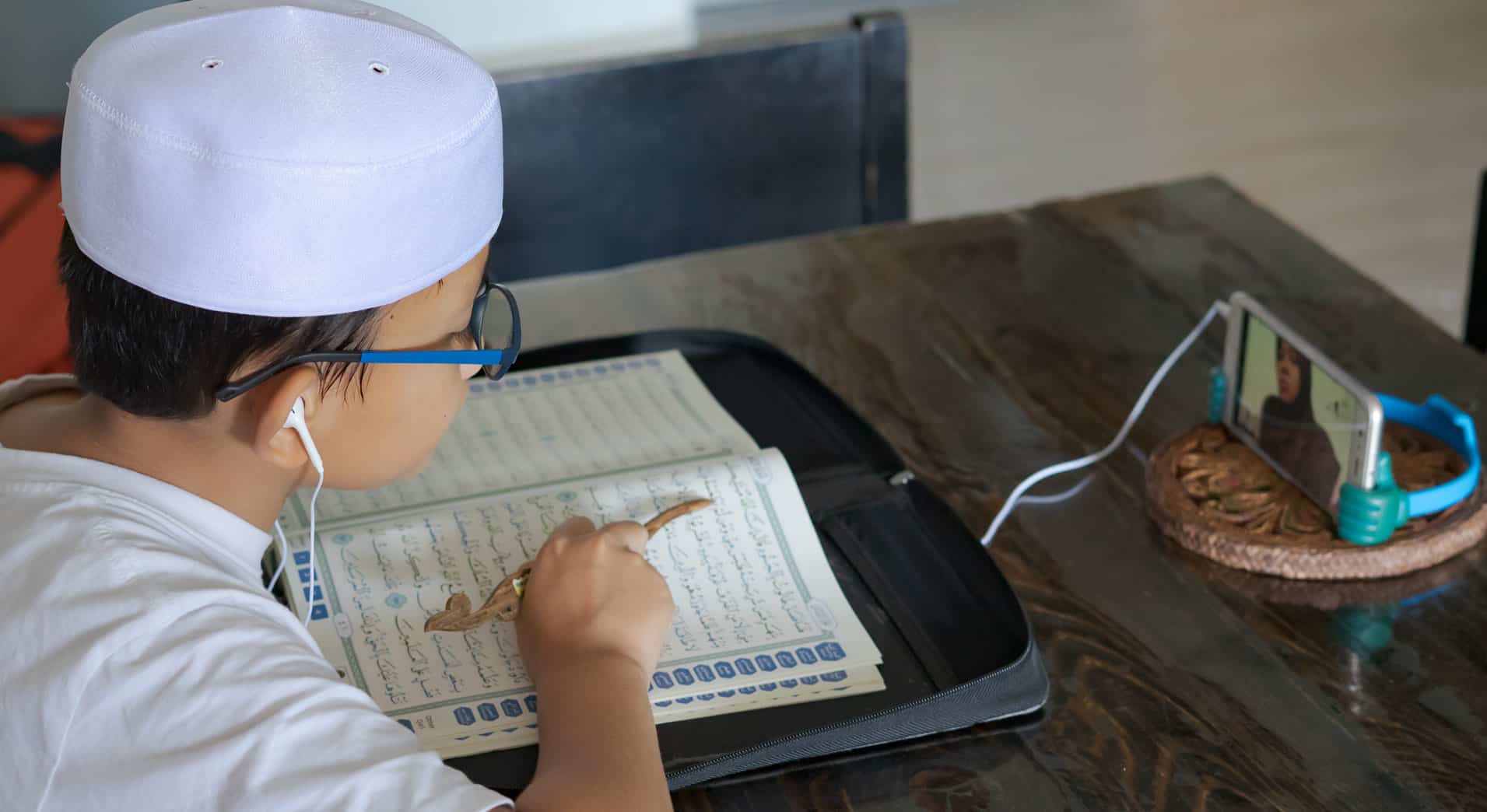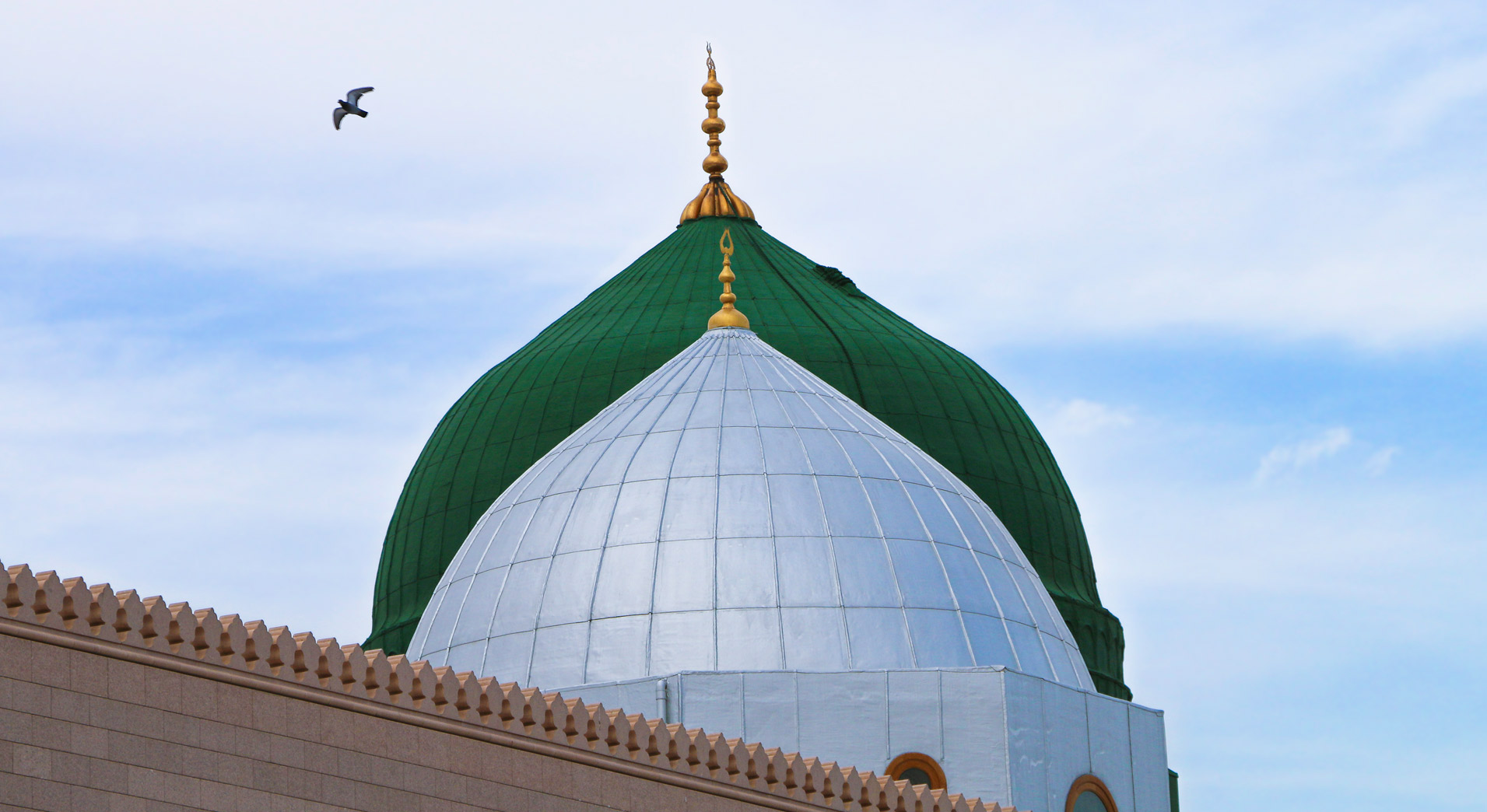Throughout the world, Muslims observe Eid al Adha as a significant spiritual observance. During this period, we must express gratitude to Allah while recalling Prophet Ibrahim (AS) and demonstrate compassionate behaviour to everyone around us.
Muslims celebrate this day through worship alongside dedicated charitable acts. People who follow Sunnah practices during Eid al Adha earn spiritual merits and approach nearness to Allah.
We will walk through a sequential process to maximize the benefits of this holy occasion.
Fasting on the Day of Arafah
The Day of Arafah on the 9th Dhul Hijjah holds immense significance, especially for those who won’t perform Hajj. According to the Prophet Muhammad (PBUH), fasting during this holy day wipes away all sins from the previous and forthcoming years.
This fast is not done on Eid day itself, but the day before. It prepares our hearts and souls for Eid and is one of the best ways to earn Allah’s mercy.
Waking Up Early on Eid Day
Eid al Adha is not just another day. It is a day of worship. Wake up early and thank Allah for giving you another chance to live through this day. Start your morning with these steps:
-
Pray Fajr on time
-
Make lots of dhikr (remembrance of Allah)
-
Take a shower and clean your body
-
Wear your best modest clothes
All of these are part of the Eid sunnah practices. Cleanliness and preparation show respect for this special day.
Apply Perfume and Use the Miswak
The Prophet (PBUH) used to apply perfume and a miswak (toothstick) before going to the Eid prayer. This is part of cleanliness in Islam. Smelling good and looking neat is a small act with big rewards.
Brothers should apply perfume. Sisters can do the same at home.
Do Not Eat Before Eid Prayer
During Eid al Fitr, we consume food before prayer, yet Eid al Adha’s traditions dictate we abstain from eating until completing the Eid prayer and Qurbani. We remember how Prophet Ibrahim (AS) and his son Ismail (AS) showed their devotion.
Through this brief act, we maintain our prayerful presence while linking ourselves to Allah’s divine story of sacrifice.
Recite the Takbeer of Tashreeq
One of the important acts after Fajr on the Day of Arafah and during the days of Eid (up to the 12th of Dhul Hijjah) is the takbeer of Tashreeq .
We say aloud:
Allahu Akbar, Allahu Akbar, La ilaha illa Allah, Wallahu Akbar, Allahu Akbar, Wa lillahil hamd
This takbeer should be said after every fard (obligatory) prayer. Saying it with heart and attention brings peace and reminds us of Allah’s greatness.
Walk to the Mosque for Eid Prayer
If possible, try to walk to the mosque. This was a habit of the Prophet (PBUH). He would also return from a different path after the prayer.
It is also a time to greet others with “Eid Mubarak” and spread smiles. This act helps you meet other Muslims, share happiness, and show the unity of the Ummah.
Attend the Eid Prayer and Listen to the Khutbah
The Eid prayer is a particularly sacred religious worship. According to some scholars, it is highly recommended. The religious service consists of two rakahs with additional takbeers.
Pay full attention to the Khutbah following the prayer. It contains various lessons and essential reminders. Don’t rush to leave; give time to Allah first.
Perform the Qurbani (Sacrifice)
Eid al Adha features the Qurbani as one of its primary observances. Following Prophet Ibrahim’s (AS) example through Qurbani allows us to please Allah. All Muslim adults whose income permits must perform this religious act.
Qurbani rules include:
-
For the animal to qualify, it needs perfect health and a suitable lifespan.
-
The animal must be slaughtered during the 10th to 12th days of Dhul Hijjah
-
People must start their sacrifice by declaring Bismillah Allahu Akbar before making the first cut.
-
Dividing the meat: 1 part for the family, 1 part for the relatives, 1 part for the poor
Sharing the meat is part of the spirit of Eid.
Give Charity on Eid
Eid is not just about meat and food. It is about helping others. Giving charity on Eid is one of the best acts.
Even if you’ve given your Qurbani, give extra money or food to someone in need. A small gift, clothes, or a warm meal can bring joy to someone’s heart.
Remember: Making someone happy is one of the best deeds on Eid.
Visit Family and Friends
Eid is a time to fix broken ties and show love. Visit or call your family members. Forgive people. Make new memories. Give gifts if you can.
Smile, hug, and say good words.
This spreads love and increases unity. The Prophet (PBUH) said, “The best of you is the best to his family.” Sunan al-Tirmidhī 3895
Do Dhikr and Duas Throughout the Day
Don’t stop remembering Allah just because the prayer is done. Keep saying:
-
SubhanAllah (Glory be to Allah)
-
Alhamdulillah (All praise to Allah)
-
La ilaha illa Allah (There is no god but Allah)
-
Allahu Akbar (Allah is the Greatest)
You can also read short duas and ask Allah for guidance, forgiveness, and blessings.
Avoid Sins and Stay Grateful
Eid represents a day that should not be used to perform random actions. Throughout this day, stay clear from speaking falsehood, along with gossiping or harmful words that displease Allah.
Turn this day into an opportunity to establish good practices. Maintain your commitment from Arafah and Eid through the following days.
Conclusion
Eid al Adha presents Muslims with the sacred chance to pursue the Prophet (PBUH)’s revered customs and win Allah’s acceptance. Following Sunnah practices on Eid al Adha, such as worshipping at the Eid prayer, practising takbeer of three while performing Qurbani, and donating through charity, can make this sacred day more important for our devotion and reward.
Through the spirit of Eid, we should translate our learned principles of sacrifice, patience, and unified goals into everyday practices. May Allah bless all your worship with abundant blessings during this joyful occasion of Eid.
 0203-002-6366
0203-002-6366
 1-212-381-1055
1-212-381-1055 61-3-8820-5043
61-3-8820-5043  021-111-279-111
021-111-279-111
